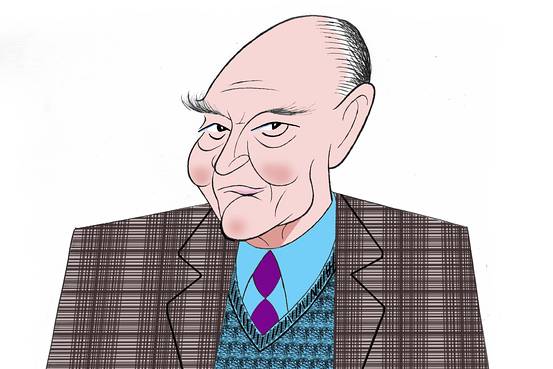
Jack Bogle, the visionary founder of Vanguard Group and father of index investing, has this to say about rumblings that the incoming Trump administration could kill the fiduciary rule: Don’t bet on it.
Far from shrinking back, the Department of Labor’s fiduciary rule protecting retirement savers — which takes full effect in April — is likely to be expanded to all investors, not just retirement investors, he says.
In fact, Bogle predicts that the Securities and Exchange Commission will write its own, tighter version of the rule.
For now, the fiduciary rule applies only to retirement investment accounts. An SEC version would mean stock brokers also must act in the interest of their clients, regardless of the investment’s purpose.
“The idea that I have a retirement account with a broker and he takes good care of me, and I have a personal account [and the broker’s interest comes first] just flies in the face of common sense,” Bogle told Business Insider.
People quickly will get accustomed to the idea that their financial advisor must put them first and won’t want to go back to paying higher-than-necessary fees for what often turns into poor performance — mostly because of those very fees, Bogle contends.
If a fund earns 7% and returns 6.95% to the investor, that’s a far cry from another fund that makes 7% and returns 5% after fees, Bogle points out. The massive move by investors into low-cost index funds is no accident, he argues.
“All of this makes it seem like it will be hard to walk back this fiduciary rule into oblivion,” Bogle says. “Expenses have become a big thing with funds. Index funds are taking the huge capital inflows. Cost consciousness, that’s what lies at the heart of all this.
“Who are you making money for — your firm or your client? Main Street hasn’t been taking its fair share,” he says.
Jason Zweig, the Wall Street Journal columnist, recently wrote about the cost of active fund management. He plucked out one data point that should resonate with anyone sticking with a high-fee fund in the hope of “winning” the game on Wall Street.
Dead money
Zweig wrote: “Over the past decade, the 20% of U.S. diversified stock funds with the highest expenses charged an average of 1.85 percentage points more in annual fees than the cheapest 20%. But those priciest funds earned an annual average of 1.91 percentage points less than the cheapest group.”
Think for a moment about what that really means. People paid a premium based on their total assets and got performance that lagged the lowest-cost choice by roughly the same amount.
This is not an argument that they didn’t make money. Rather, they lost money two ways, through fees and underperformance.
It’s like buying a new car, paying “dealer prep” and other inscrutable fees, then realizing a year later that the resale value of your fancy new wheels is less than half what you paid sticker price. Nobody else wants your car, so you’re stuck with it and the payments!
There’s really nothing about the history of stock investing that suggests to me that a big change in how investors act and think is imminent. Every year, more and more of them will realize that paying for performance is dead money.
More will buy index funds, be it Vanguard or one of its many competitors, and returns will be returns.
It’s not about what you make. It’s about the value you actually keep rather than give away to someone else.





